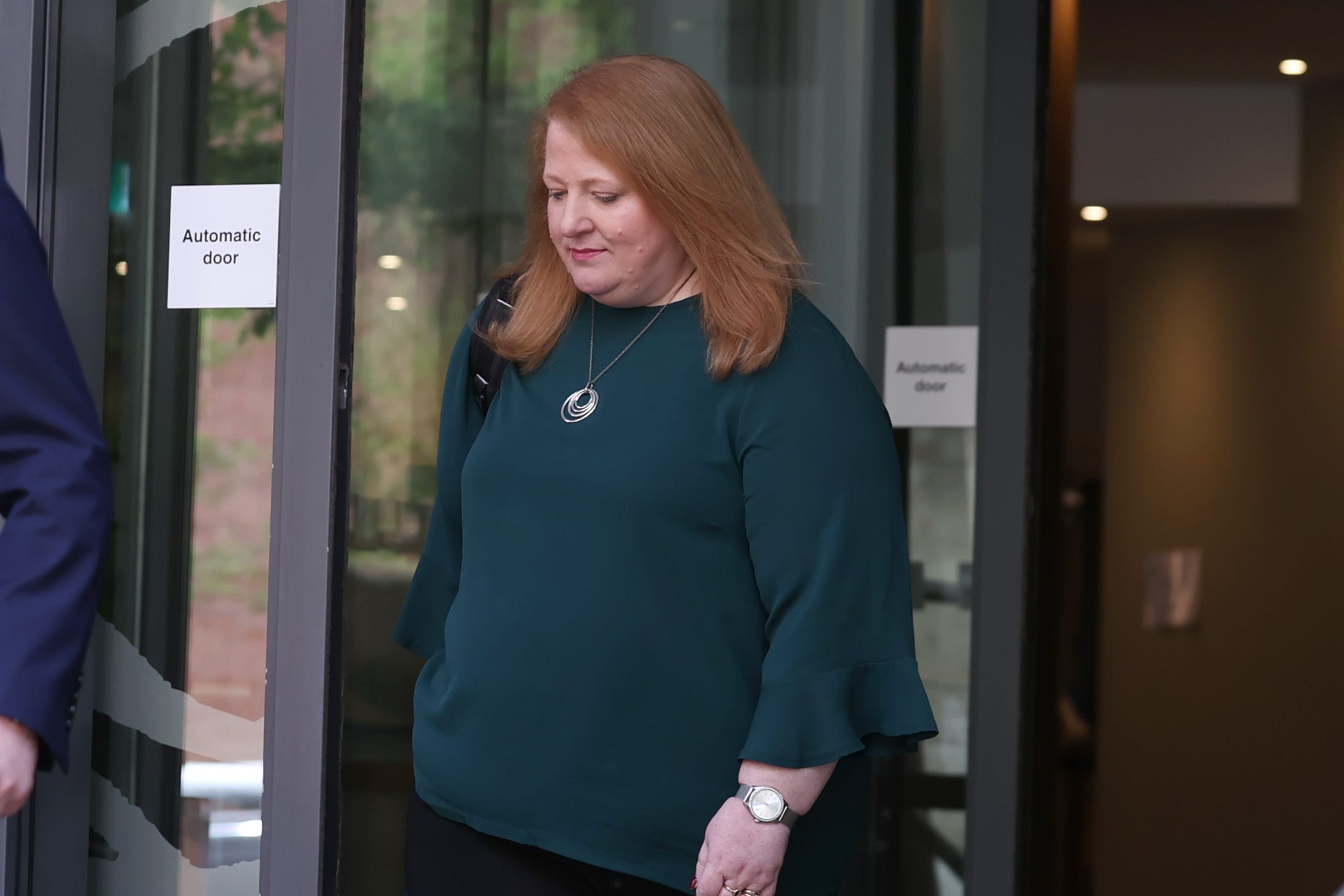Stormont Justice Minister expresses concern over ‘surveillance of journalists’
An Investigatory Powers Tribunal heard claims the PSNI undertook six-monthly trawls of the phone data of ‘troublemaker’ journalists.

Stormont Justice Minister Naomi Long has expressed concern over allegations of police surveillance of journalists in Northern Ireland.
A hearing of the Investigatory Powers Tribunal (IPT) in London earlier this month heard claims that police in Northern Ireland undertook six-monthly trawls of the phone data of “troublemaker” journalists to see if they were in contact with officer sources.
It came during a hearing of a case examining allegations that investigative reporters Barry McCaffrey and Trevor Birney were subject to unlawful covert intelligence by the police.
Evidence presented to the tribunal suggested PSNI spying operations extended to several other reporters operating in the region.
People Before Profit MLA Gerry Carroll pressed Ms Long over whether she would back a call by Amnesty International for a public inquiry into the matter.
Speaking during Assembly questions for her department, Ms Long said she shared the concerns raised about the alleged routine surveillance of journalists.
“Journalism is not a crime and a free press is critical to having a free society,” she told MLAs.
“Similarly, when it comes to solicitor and client privilege, that is absolutely essential for it to have an effective justice system that is trusted by the public.”
Ms Long said she has spoken to PSNI chief constable Jon Boutcher and will speak to Secretary of State Chris Heaton-Harris about the matter.
“I understand that a further report is due to be presented in June to the Policing Board,” she said.
“The Chief Constable is taking this incredibly seriously as rightly he should and is considering other mechanisms to provide reassurance.”
Ms Long said that with the PSNI being operationally independent from her department but accountable to the Northern Ireland Policing Board, it is “important for me to let the Police Board the opportunity to thoroughly explore these issues with the PSNI in the first instance”.
Mr Carroll also asked whether Ms Long would back the release of names of all the journalists or campaigners who have been subjected to surveillance.
She said: “I believe that in the first instance it is right to allow the Policing Board to review with the Chief Constable what actions may or may not be appropriate from them and indeed from him, and depending on the outcome of that, I will then stand ready to listen to anything that they wish me or any action they wish me to take.
“I don’t want to rule anything in or anything out at this early stage.
“In terms of releasing people’s details, there are significant challenges in doing so. However, I think people should be made aware personally.
“Whether publication of their details into the public domain would be wise or not is really a matter for them in terms of GDPR but also in terms of any risks that they perceive that to be to their person.”
Bookmark popover
Removed from bookmarks